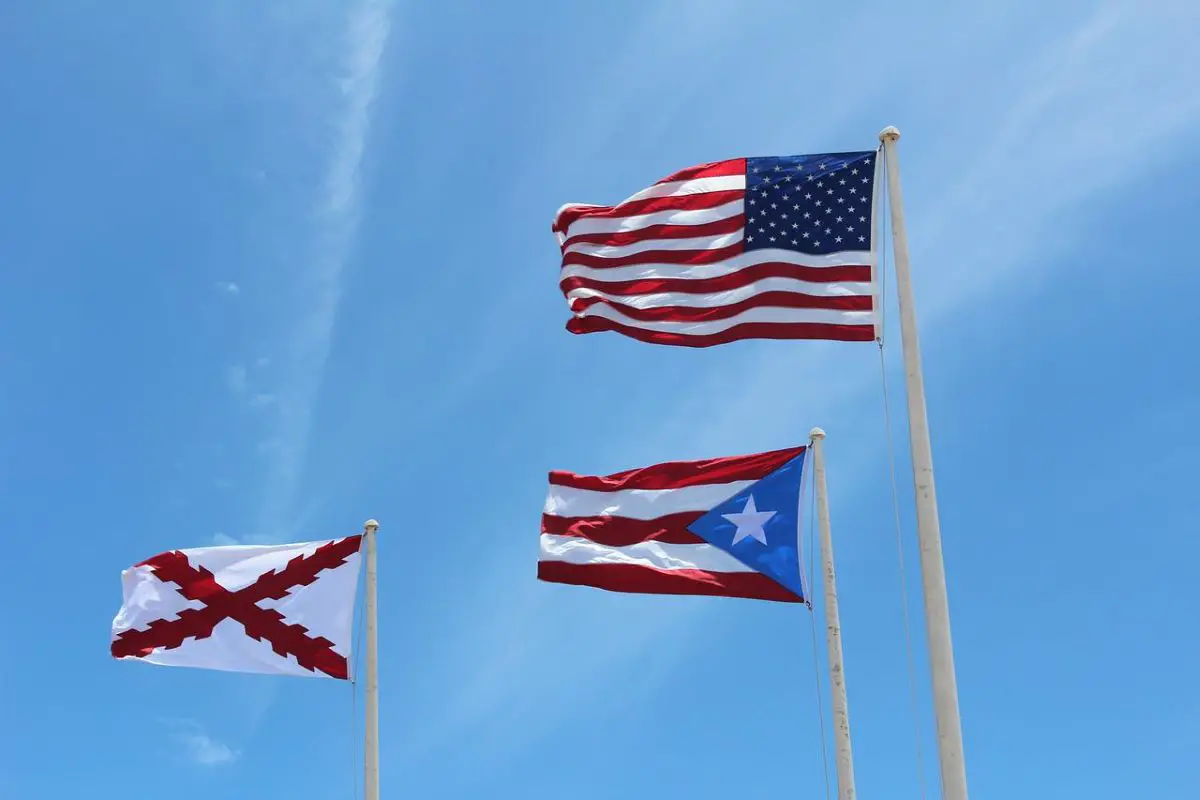In the midst of the current economic crisis in Puerto Rico, one of the most common questions that people ask is what currency does Puerto Rico use. It seems to be a topic that many want to know more about because they’re curious as to why some places use one type of currency while others use another.
In this blog post, we will attempt to clear up some confusion regarding what currency does Puerto Rico use, how different currencies affect prices in Puerto Rico, and even try to explain why it is a good idea to do your holiday shopping early.
To answer the question what currency does Puerto Rico use, it is the United States dollar.
Puerto Rico Economy
Puerto Rico has an economy that is unique from those of other nations, but it also shares similarities with others. The island’s economy is based on tourism, manufacturing, and agriculture. Tourism accounts for around 25% of Puerto Rico’s gross domestic product (GDP); it has been steadily growing since the turn of the century. The island’s manufacturing sector accounts for about 8% of GDP and is expected to grow slightly in value over the next few years. While agriculture accounts for only 1% of Puerto Rico’s GDP, it still plays an important role in helping to sustain the local population.
What Currency Does Puerto Rico Use?
This currency is currently tied to the US Dollar, which is the official currency of the United States. However, Puerto Rico has its own unique relationship with the US Dollar.
You May Like This Article: Do You Need A Passport To Go To Puerto Rico?
Why U.S. Dollar?
The U.S. dollar’s value is consistently strong. It has been the world’s reserve currency for decades and has remained the leading reserve currency for decades. In addition to being a reserve currency, it is also the most widely used currency in international trade and finance; making it an important element of global economic activity.
The U.S. dollar has maintained this position over time because it is viewed as having a stable value; meaning that its value does not fluctuate much from day-to-day or even year-to-year basis. This stability allows countries outside of the U.S., such as China and Japan who are not currently using other currencies as their primary reserve currency, to use the US dollar as one of those currencies in trade with other countries around the globe where they wish to conduct business with each other but do not want to exchange their national currency directly with another country’s national currency (which may be subject to fluctuations in value).
Currency Exchange Regulations For U.S. Dollars In Puerto Rico
There are no currency exchange regulations for U.S. dollars in Puerto Rico, but you should be aware that the U.S. dollar is not legal tender there; you may need to convert your money into another currency before making a purchase.
Puerto Rico uses U.S. coins and bills, which makes transactions easier for tourists who use U.S. dollars on a regular basis. Because of this, it’s important to note that Puerto Rico’s government also issues its own currency; the Puerto Rican peso (PUR$). Since Puerto Rico is not part of the United States, it doesn’t have access to the Federal Reserve system. So its own currency has no special status or value within the U.S. economy. It is simply another legal tender alongside U.S. dollars and other currencies like euros or yen that are used in Puerto Rico as well as abroad.
Puerto Rico’s government issues its own currency called the Puerto Rican peso (PUR$). The PUR$ is not legal tender within the United States and therefore has no special value relative to other currencies; however, it does have value relative to other currencies outside of Puerto Rico when exchanged for goods and services within the island nation itself!
Ongoing Conversation About Puerto Rico’s Economic Rights And Legal Status
The debate over what to do with Puerto Rico has been going on for decades; it really came to a head after Hurricane Maria. The federal government has taken up residence in Puerto Rico, and the monetary options available to the island have been limited by this fact. This has caused some people in Puerto Rico to question their own economic status as well as their legal status as citizens of the United States; it has also put them at odds with President Trump and other conservatives who want to see more American control over Puerto Rican affairs.
You May Like This Article: How Far Is Puerto Rico From Florida?
When Did The US Dollar Become Legal Tender In Puerto Rico?
The United States dollar became legal tender in the Commonwealth of Puerto Rico in 1899. The dollar was used as a currency in Puerto Rico until 1917. It was replaced by the American-Puerto Rican Peso, which was introduced on July 15, 1917 and lasted until 1934.
Conclusion
It cost less to do business in Puerto Rico. Taxes are cheaper. Payroll is cheaper. Consumer goods are cheaper. Puerto Rico has a strategic location and can be a hub for companies looking to avoid the additional taxes that the other US States impose.
Puerto Rico is a tax haven for wealthy US Citizens; people can benefit from the tax free status of Puerto Rico income by moving there and being based in the territory. This coupled with increased investment in infrastructure and a central role in the new Latin America makes Puerto Rico an attractive proposition for businesses looking to expand into Latin America without breaking their American presence. Through this article, you would have learned the basic facts about US dollars. Furthermore, you would have discovered the significance of the US dollar to Puerto Rico and why people are so affected when it falls or rises in value.
If you are traveling to the US territory of Puerto Rico, the best Puerto Rican currency exchange rates can be found at local banks and money changers. Each of these businesses will convert your foreign currency into US dollars; so if you are traveling from Canada or Japan, for example, you should look for a local bank or money changer that deals with those currencies.
 Being Human
Being Human





